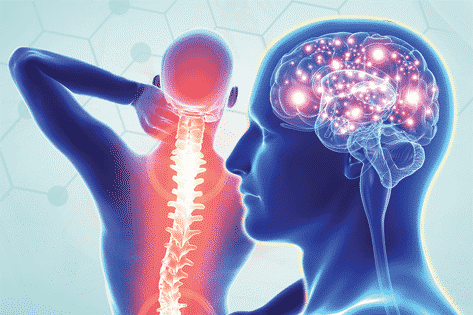The best head injury treatment is at Dr Raos
Introduction
A head injury is a very serious matter that can have long-lasting effects. It is important to be as informed as possible about head injuries in order to prevent them and to know how to properly deal with them if they do occur. This essay will provide information on the causes, symptoms, and treatment of head injuries. Looking for the best head injury treatment in Guntur, look no further than Dr Raos hospital nor Dr Rao the best neurosurgeon for head injury. Contact us @9010056444 or 9010057444.
Head injuries – Open Vs Closed
There are many different causes of head injuries. One common cause is falls. Falls are the leading cause of head injuries in children and adults over the age of 65 (Mayo Clinic, 2017). Other common causes of head injuries include car accidents, being hit by an object, and sports-related injuries.
Closed head injuries are often caused by a blow to the head. This can happen in a car accident, a fall, or even a fight. The symptoms of a closed head injury can vary depending on the severity of the injury.
Open head injuries are often caused by a penetrating wound to the head. This can happen in a car accident, a fall, or even a fight. The symptoms of an open head injury can vary depending on the severity of the injury.
Different types of head injury?
- Concussion.
- Skull fracture. A skull fracture is a break in the skull bone.
- Linear skull fractures.
- Depressed skull fractures.
- Diastatic skull fractures.
- Basilar skull fracture.
- Intracranial hematoma (ICH). There are several types of ICH, or blood clots, in or around the brain.
- Epidural hematoma. Epidural hematomas occur when a blood clot forms underneath the skull, but on top of the dura, the tough covering that surrounds the brain.
- Subdural hematoma. Subdural hematomas occur when a blood clot forms underneath the skull and underneath the dura, but outside of the brain. T
- Contusion or intracerebral hematoma. A contusion is a bruise to the brain itself.
- Diffuse axonal injury (DAI). These injuries are fairly common and are usually caused by shaking of the brain back and forth, which can happen in car accidents, from falls or shaken baby syndrome.
Symptoms of head injury treatment
Symptoms of a head injury can vary depending on the severity of the injury. Some common symptoms include headaches, dizziness, nausea, vomiting, fatigue, confusion, memory problems, mood swings, sleep problems, and sensitivity to light or noise (Mayo Clinic, 2017). If you experience any of these symptoms after sustaining a head injury, it is important to see a doctor as soon as possible.
Diagnosis of head injury treatment
Diagnosis is mainly depends on the duration of loss of consciousness, clinical history, imaging like Xray, CT, MRI and angiogram occasionally.
Treatment
There are many different treatment options for head injuries, depending on the severity of the injury. For milder injuries, rest and over-the-counter pain medication may be all that is needed. More severe injuries may require hospitalization, surgery, and/or rehabilitation.
Prevention
The key is to promote a safe environment
The use of seat belts when riding in the car and
helmets (when worn properly) for activities, such as bicycle riding, in-line skating, and skateboarding
Living with Head Injury
Persons who suffer a severe brain injury may lose muscle strength, fine motor skills, speech, vision, hearing, or taste function, depending on the brain region involved and the severity of brain damage. Long- or short-term changes in personality or behavior may also occur. These persons require long-term medical and rehabilitative (physical, occupational, or speech therapy) management.
Recovery following the head injury
The extent of the person’s recovery depends on the type of brain injury and other medical problems that may be present. It is important to focus on maximizing the person’s capabilities at home and in the community. Positive reinforcement will encourage the patient to strengthen his/her self-esteem and promote independence.
Conclusion
If you or someone you know has sustained a head injury, it is important to seek medical attention as soon as possible. Head injuries can be very serious and have long-lasting effects. With proper treatment, however, many people make a full recovery. Looking for the best head injury treatment in Guntur, look no further than Dr Raos hospital nor Dr Rao the best neurosurgeon for head injury. Contact us @9010056444 or 9010057444.

